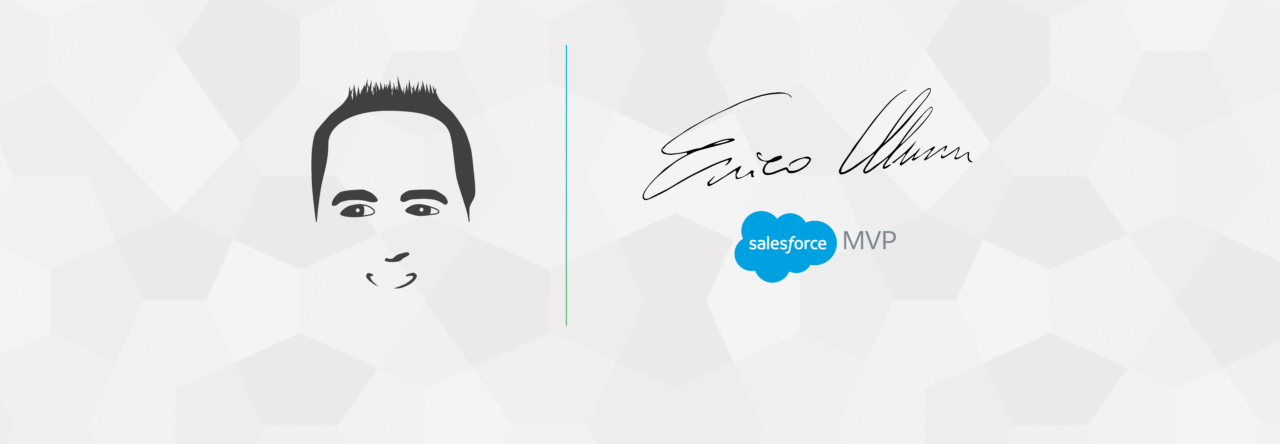Becoming a Salesforce Administrator is often the entry route into the world’s number one CRM technology, but this doesn’t make the job interview process any easier for prospective admins.
As the most prominent role in Salesforce, the competition for a job as a Salesforce Administrator is particularly high. In Mason Frank’s 2018/19 independent Salesforce salary survey, 70% of respondents reported being a Certified Salesforce Administrator, far higher than any other certification. With other candidates waiting in the wings, you need to be sure your interview goes perfectly to guarantee the job offer, and that comes down to preparation.
A job interview for a Salesforce Administrator role can take many forms, and so you’ll need to be prepared for several different lines of questioning. Your interviewer won’t just be interested in your technical experience as an administrator, they’ll also want to know how you see CRM as part of a larger business, and use this to test how much you’ve researched their organisation. In addition, they’ll also want to get to know you as a person.
Read on for a series of tips on how to prepare for your next job interview as a Salesforce Administrator.

Testing your technical knowledge
Ultimately your prospective employer will want to learn how skilled you are on the Salesforce platform, and so you should expect to be asked technical interview questions. A Salesforce Administrator is quite a varied role, and so technical questions you may be asked can be quite broad. You could be asked something very functional such as ‘what is a roll-up summary field’, or perhaps something a little more scenario-based, such as ‘how do you share a record and in what circumstances would that be expected?’
One thing that you need to be aware of going into the job interview is that your interviewer may have no experience using Salesforce, or alternatively they may be a Certified Technical Architect.
With this in mind, it’s not enough to simply have a good working knowledge of Salesforce, you need to be prepared to explain technical concepts in plain language so that a non-expert will understand you. Having technical knowledge is one thing, but being able to communicate your knowledge to a layman is another thing entirely, so practice this before the interview.
Testing your experience
While knowledge is valuable, application is power.
Salesforce Trailhead is a fantastic education portal and is responsible for launching the career of thousands of Salesforce professionals, but it won’t provide you with that all-important practical experience that employers are looking for. This is why experience is incredibly valuable, and so you should be prepared to discuss the projects you’ve worked on and what you learned from them.
If you’ve worked as part of an implementation team, be ready to discuss the technical elements as well as the challenges you faced and how you overcame them. If you’ve ever experienced data loss or a data breach, be ready to discuss how you discovered the event and how it was resolved. Don’t be afraid to discuss challenges and mistakes made—this is what experience is all about, and will set you apart from the other candidates.
Something else that employers value highly is your ability to work on a collaborative project. As an Admin it’s unlikely that you will be working completely independently, so be prepared to talk about your communication skills, requirements gathering, and ability to work within the confines of a project timeline, using examples from your previous experience.
Testing your cultural fit
It’s essential you have the skills and experience to perform the job you’re being interviewed for, but your prospective employer will also want to get an idea of who you are as a person. After all, they’ll likely be spending around 40 hours a week in your presence, so it’s important they employ someone who they’ll enjoy working with—you should also be confident that you’ll enjoy working with them as well!
Given that your technical knowledge and experience come with the territory of being a Salesforce professional, getting your personal character across can often be the most nerve-racking element of a job interview, but this shouldn’t be the case. Just be yourself and communicate your goals and ambitions clearly.
It’s always a good idea to think about why you entered Salesforce technology and where you eventually want your career to take you, as long as you can relate this to why you want the job you’re interviewing for and how this will help you achieve your goals.
Being a successful Salesforce Administrator is about more than just doing the job, it’s about finding ways to maximise the value of Salesforce in an organisation, and making yourself indispensable as a result.


